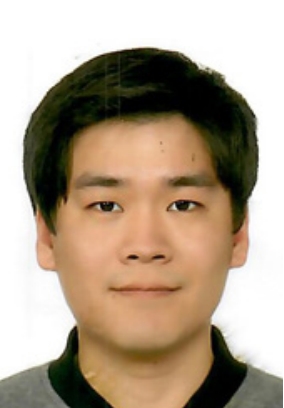EXTENDED ABSTRACT: Microstructure plays a key role in determining the properties of structural materials. Therefore, the search for optimal microstructures that exhibit desirable properties is inevitable in developing the materials. Commonly, the search for optimal microstructures is an iterative and costly procedure within the structural materials landscape. This acted as a major setback for many materials manufacturer to develop new or advance structural materials with complex microstructures. Fortunately, with the surge of interest and innovative research in the ffeld of artiffcial intelligence, a variety of data driven methods on material design has been investigated. Among these methods, the ones that adopt generative models have attracted signiffcant attention due to the ability of the models to generate a wide variety of microstructures. Some of the works showed that application of generative models can enable an end-to-end microstructure design approach where one inputs a target property and the model outputs the optimal microstructure that exhibits the target property [1,2]. In this work, we adopted a conditional latent diffusion model to generate three-dimensional (3D) two phase microstructures given stress strain curve of each phase and the target stress strain curve of the resulting microstructure. The latent diffusion model was adopted to overcome training and inference cost of using 3D microstructure data in a diffusion-based generative model. A simple 3D variational autoencoder (VAE) was used to generate latent space of 3D microstructures. To train the latent diffusion model, we have used synthetic 3D microstructures and their corresponding ffnite element (FE) simulated stress strain curves. Once trained, the latent diffusion model successfully generated a wide range of different microstructures that can achieve target stress strain curve given the curves of each phases.
Keywords: Microstructure sensitive design; ffnite element method; machine learning;
REFERENCES:
[1] K. -H. Lee, H. J. Lim, and G. J. Yun, Eng. Appl. Artif. Intell., 416, (2024) 116343
[2] J. -H. Bastek and D. M. Kochmann, Nat. Mach. Intell., 5, (2023) 1466-1475.

Jaimyun Jung is currently a senior researcher in Korea Institute of Materials Science. He received his B.S. and Ph.D. degrees in materials science and engineering in Pohang University of Science and Technology (POSTECH), Pohang, South Korea. He joined Korea Institute of Materials Science in 2020 and is currently a senior researcher in Materials Data & Analysis Research Division. His primary research interest lies in development and application of artiffcial intelligence for materials design and analysis. Some past research topics include Bayesian approach in microstructure design, superresolving microstructure data through deep learning, and data-driven process-property analysis.